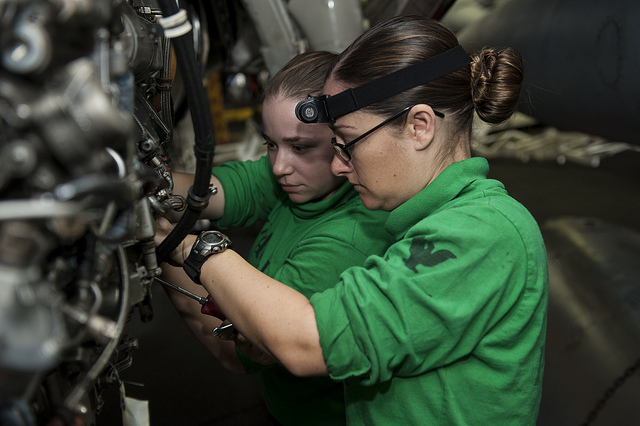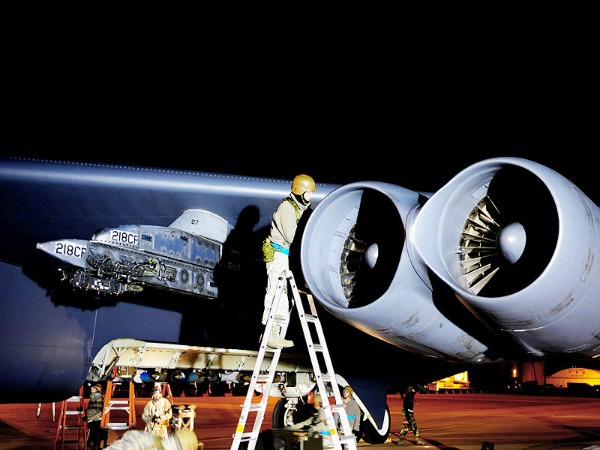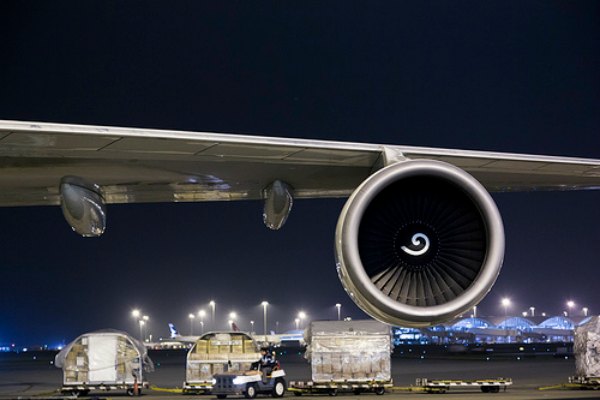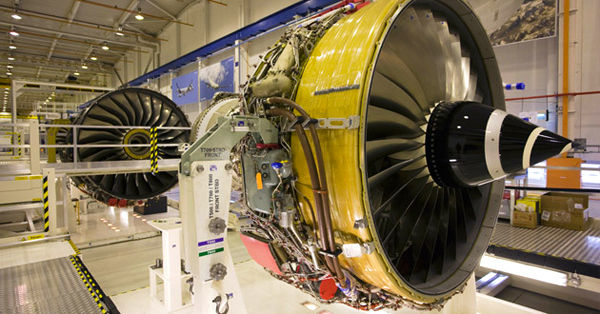Maintaining leased engines can be stressful, confusing and will ruin a relationship faster than you can say relationship. It’s not just your interests at play.
From MROs, OEMs, airlines and lessors a lot of people have their hands in the aircraft engine lease arena.
Communication is paramount and strong relationships are far from a prerequisite, they're a necessity. [TWEET THIS]
But that’s only the beginning.
Lessors and Lessees have different agendas
Although the names sound similar, you know as much as I do they're two totally different operations.
A lessor will look at the life time of the engine in its portfolio and think of it based on its residual value.
All the while a lessee will only consider the lease period and the bare minimum return conditions. They're not concerned about the asset value at the end of the lease term.
This creates problems.
One, the lessor is focused on maintaining a healthy engine through its entire life, while the other, the lessee, is trying to get through maintaining the engine at the lowest cost to them.
Build relationships
When 2 parties are joined through an aircraft engine lease and each has different objectives, things get messy.
This is why lessors need to build a long-term approach with MROs and aftermarket suppliers to ensure quality service. Having consecutive shop visits MROs and suppliers are able to balance the lessor and lessee interests. They build history and experience working on an engine they've seen through its entire life-cycle.
By retaining a single MRO and supplier for an aircraft engine throughout multiple lessees, the engine will have better value preservation.
From life limited parts planning and used material to customized workshop planning and end-of-life ownership solutions. There are many influences that effect marketability of an engine.
When utilizing single sources, value is created for the lessor because there's no redundant activities or separate maintenance practices and policies.















